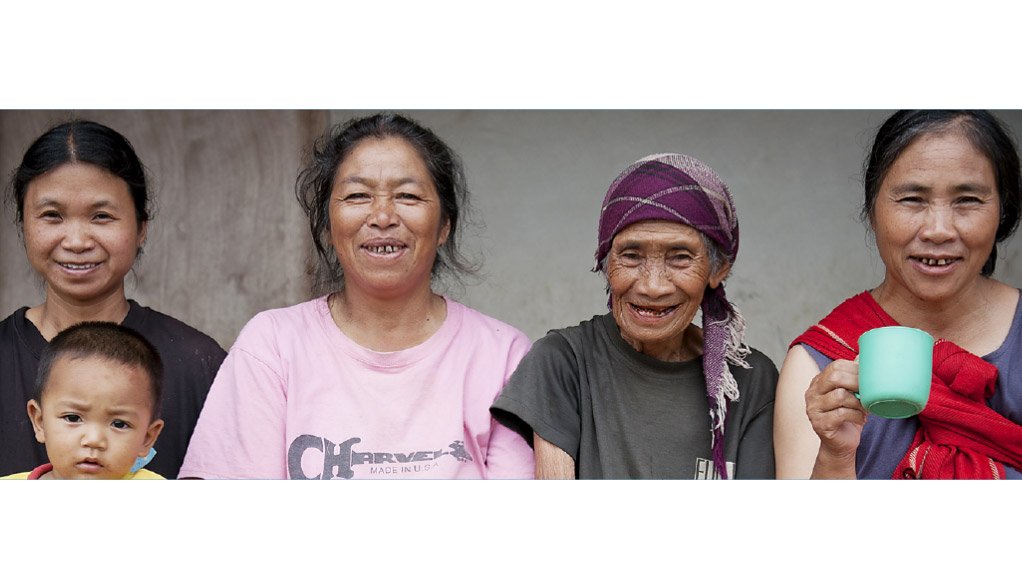- Intersectional approaches to vulnerability reduction and resilience-building1.42 MB
Intersectional approaches recognise that people will have different identities, needs, priorities and capacities which are not static, and will shift and change over time – affecting their ability to prepare for, cope with and respond to natural hazards and climate variability.
This scoping paper explores intersectional approaches to vulnerability reduction and resilience-building, with the aim of informing institutional policy and operational practice.
Key messages
- Intersectional approaches offer a way to understand and respond to the ways different factors, such as gender, age, disability and ethnicity, intersect to shape individual identities, thereby enhancing awareness of people’s needs, interests, capacities and experiences. This in turn will help in targeting policies and programmes.
- Social groups are neither homogenous nor static, and intersectional approaches recognise this complexity by taking historical, social, cultural and political contexts into account. Intersectional approaches help us understand the differentiated nature of vulnerability and resilience. They also draw attention to the social root causes of vulnerability, creating a more nuanced picture.
- Intersectional approaches help to uncover dynamics that can shape vulnerability and resilience. Intersectionality emphasises the constant renegotiation of power relations and how individuals and groups can experience both power and oppression simultaneously.
- There is no single approach or defined set of methods for seeking intersectional understandings of vulnerability and resilience relating to climate change and natural hazards. Better collection and sharing of disaggregated data and analyses relating to the circumstances of vulnerable, marginalised and at-risk people will also be a necessary input to guide resilience policy and programming.
- More research on intersectional approaches to vulnerability reduction and resilience building is required – in particular qualitative and contextual research to fully understand how inequalities intersect and affect people in different contexts.
Report by the Overseas Development Institute
EMAIL THIS ARTICLE SAVE THIS ARTICLE ARTICLE ENQUIRY
To subscribe email subscriptions@creamermedia.co.za or click here
To advertise email advertising@creamermedia.co.za or click here











